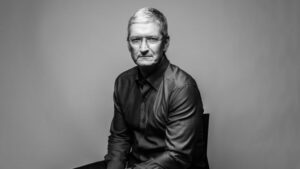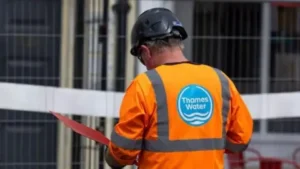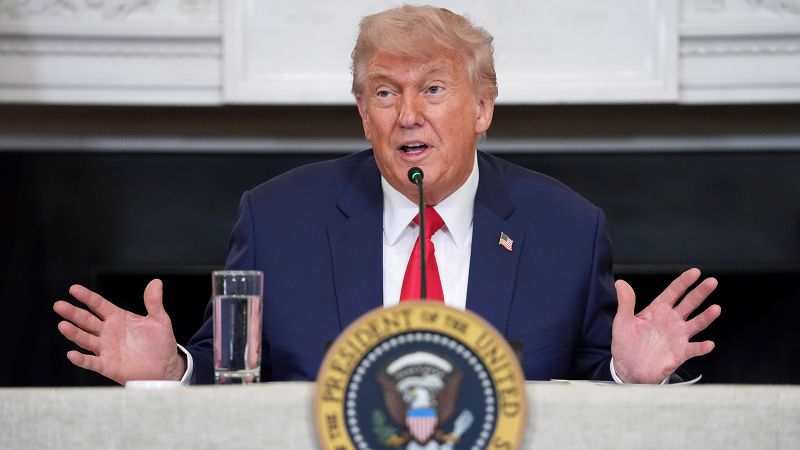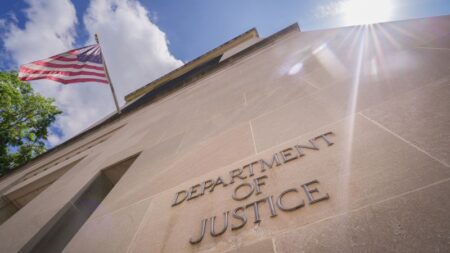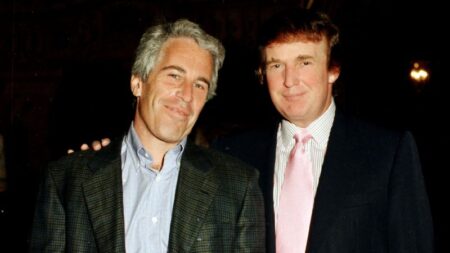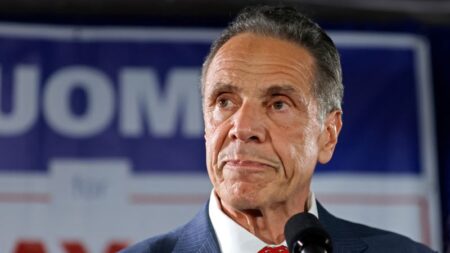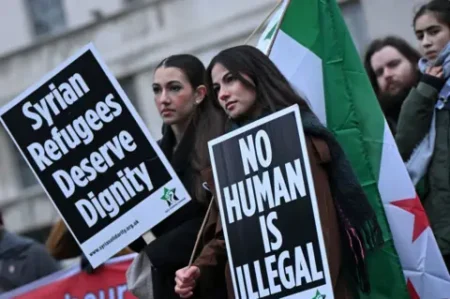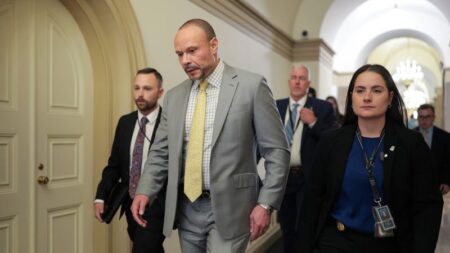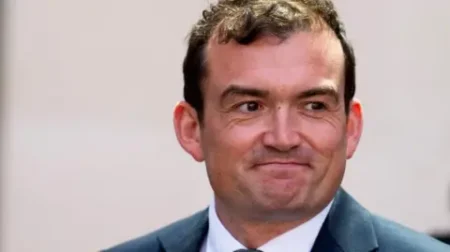In a pivotal moment for former President Donald Trump, his legal representatives are set to face prosecutors once again in a New York court. This confrontation occurs five months after Trump was sentenced in a hush money case, marking a significant event as it serves as one of the initial examinations of the Supreme Court’s ruling on presidential immunity. The hearing is scheduled for Wednesday and is being viewed as critical for Trump’s attempt to overturn his conviction on 34 counts of falsifying business records, a situation that has positioned him as the first individual convicted on felony charges while holding the office of the presidency in the history of the United States.
Trump’s strategy heavily hinges on a controversial 6-3 ruling from the Supreme Court, which was issued in July and grants a certain degree of immunity to former presidents. The ruling posits that former presidents may enjoy “at least presumptive” immunity for actions taken while in office and “absolute immunity” when engaging in constitutional roles. Following his conviction, Trump intends to leverage this decision in a bid to have federal courts review and potentially overturn his earlier state court conviction.
Throughout the ongoing legal process since his reelection, the appeals related to the hush money case continue to advance through various court systems. Notably, a three-judge panel from the 2nd U.S. Circuit Court of Appeals, all appointed by Democratic presidents, will analyze Trump’s case on Wednesday. Representing Trump will be Jeffrey Wall, a seasoned attorney known for his litigation experience at the Supreme Court, who previously held the position of acting solicitor general during Trump’s first term.
The core of the case traces back to the indictment revealed by Manhattan District Attorney Alvin Bragg, a Democrat, who charged Trump with misrepresenting payments he allegedly made to silence unfavorable news stories during the 2016 presidential election campaign. Trump’s former attorney, Michael Cohen, was implicated for paying $130,000 to adult-film star Stormy Daniels in return for her silence regarding an alleged affair with Trump, which the former president has consistently denied. While Trump avoided any penalties when he was sentenced in January, just days before his presidency, he aims to shift this trial into federal court, where he believes the legal arguments surrounding the Supreme Court’s immunity precedent may be better received.
US District Judge Alvin Hellerstein, appointed by President Bill Clinton, previously denied Trump’s request to move the case to federal court, keeping the legal proceedings entrenched within the New York judicial system. Now, Trump is appealing this decision, although sources close to the judicial process express skepticism about his chances, given his repeated defeats in state courts, largely attributed to Judge Juan Merchan’s management of the case.
The central contention revolves around whether payments made in conjunction with the hush-money scheme were indeed official presidential acts deserving of immunity, as Trump’s defense asserts, or purely personal transactions subject to legal scrutiny. Prosecutors counter that the payments fall outside the scope of official duties and thus are not protected by the president’s immunity. A significant aspect of the Supreme Court’s ruling was the stipulation that prosecutors cannot introduce evidence of a president’s official acts in cases that concern alleged personal misconduct unless the evidence directly pertains to those personal acts. Trump’s team is arguing that prosecutorial witnesses have wrongfully alluded to official acts in the context of these charges.
Evidence presented during the trial has caused a stir, with testimonies from former White House employees implying the payments were a calculated move to suppress damaging narratives during the 2016 election cycle. Trump’s legal team contends that such disclosures infringe upon the protections outlined by the Supreme Court in its recent decisions.
This saga is not merely a pivotal moment for Trump personally; it bears broader implications for presidential accountability and the enduring concept of executive privilege. Even if Trump’s case is ultimately heard in federal courts, it will not alter the nature of his state conviction, as federal courts do not have the authority to pardoning individuals convicted under state laws. Nevertheless, as this high-profile legal drama transpires, it continues to exemplify the tensions between state and federal judicial systems, along with the ongoing discourse around the nuances of presidential powers and immunity. The coming weeks promise to be crucial as Trump and his attorneys navigate these uncharted legal waters, hoping to reshape the narrative in a case that has captured nationwide attention.

